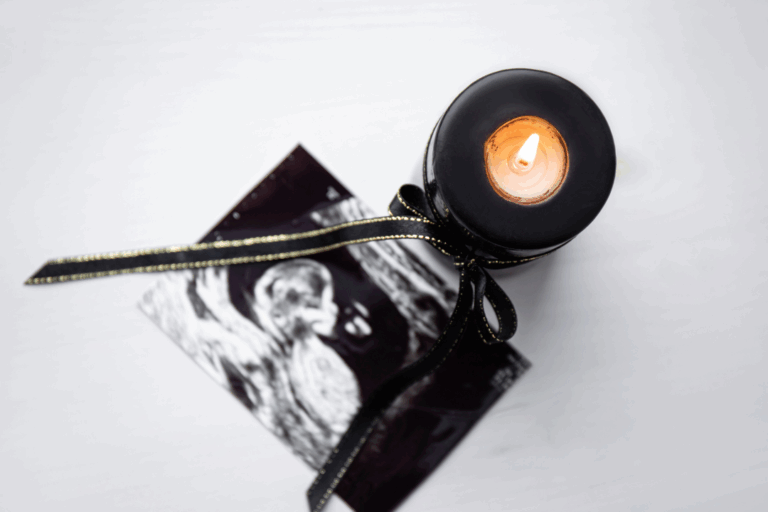Sensory defensiveness is probably not something most parents have heard about. With the exception if those who work with young children, sensory defensiveness in babies can make even the most calm, capable parents feel out of their depths. Let’s look at an example from my OT practice.
Maria’s* baby boy, Nate*, was not doing anything by the book. He didn’t give her the usual two week honeymoon period after he was born. He just screamed from day one. He wouldn’t latch and within three weeks, he was being bottle fed, even though breastfeeding was so important to Maria.
He cried all day, every day – not colic hour – it was colic for twelve hours! Everyone said the crying would stop at 3 months, but it only got worse. By the time Nate was 6 months old, he had had every medical test under the sun. Maria was exhausted and was sick of the screaming. She had no idea it would be so bad and she just felt like a terrible mother.
Nate suffers from what we call sensory defensiveness. He has an aversion to touch, even when it is nurturing. He recoils from smells and screams whenever a door bangs or a dog barks. By understanding what is at the root of his fussiness, his mom will have a much easier time predicting his behaviour and managing his environment.
Sensory defensiveness explained
Just like we all have a pain threshold, we have a threshold for sensory information, too. If your baby’s threshold is high, he will be able to deal with a lot of sensory input. You will recognise this because he’ll be happy and interactive without becoming over stimulated.
However, if your baby’s threshold is low, he will have a very low tolerance for sensory input. Soft and gentle touch can seem threatening and painful. If all touch is threatening, being hugged, stroked and massaged will not be comforting. Breastfeeding will be an intolerable event because it is skin to skin and fraught with tactile experiences.
Likewise, if your baby has a low tolerance for sounds, he will stir very easily and wake at the slightest noise. A door banging or an unexpected dog bark will over stimulate your baby and cause him to cry.
The world is so full of odors that being sensitive to smells is particularly overwhelming. We battle to predict or control the different smells that permeate our surroundings. For a baby who is oversensitive to smells, an uncle who smokes or the smell of cooking in the kitchen may be totally unnerving.
Helpful tips if you baby is sensory defensive:
- Approach him with firm deep touch as opposed to light fluttery touch.
- Schedule baby massage for the morning rather later in the day when he is already over stimulated.
- Swaddle him for breast feeds to help him be calmer for feed times.
- Do not wear any perfume for the first year as he will probably be sensitive to it.
- Wear your baby in a carrier or sling to settle him.
- Play white noise or quiet lulling music to block out the effect of sudden loud sounds.
- Speak to him before touching him so he is able to predict that your touch is coming.
If you suspect sensory defensiveness is at the root of your baby’s fussing, it is worth making an appointment with an occupational therapist to determine whether he is sensory defensive and the extent to which the sensitivity will impact on his daily function. Being the parent of a sensory defensive baby is not easy and you may find he has a harder time settling than other babies. The support of a therapist will help you with ideas for daily life and keeping your baby happy.
*Not their real names




